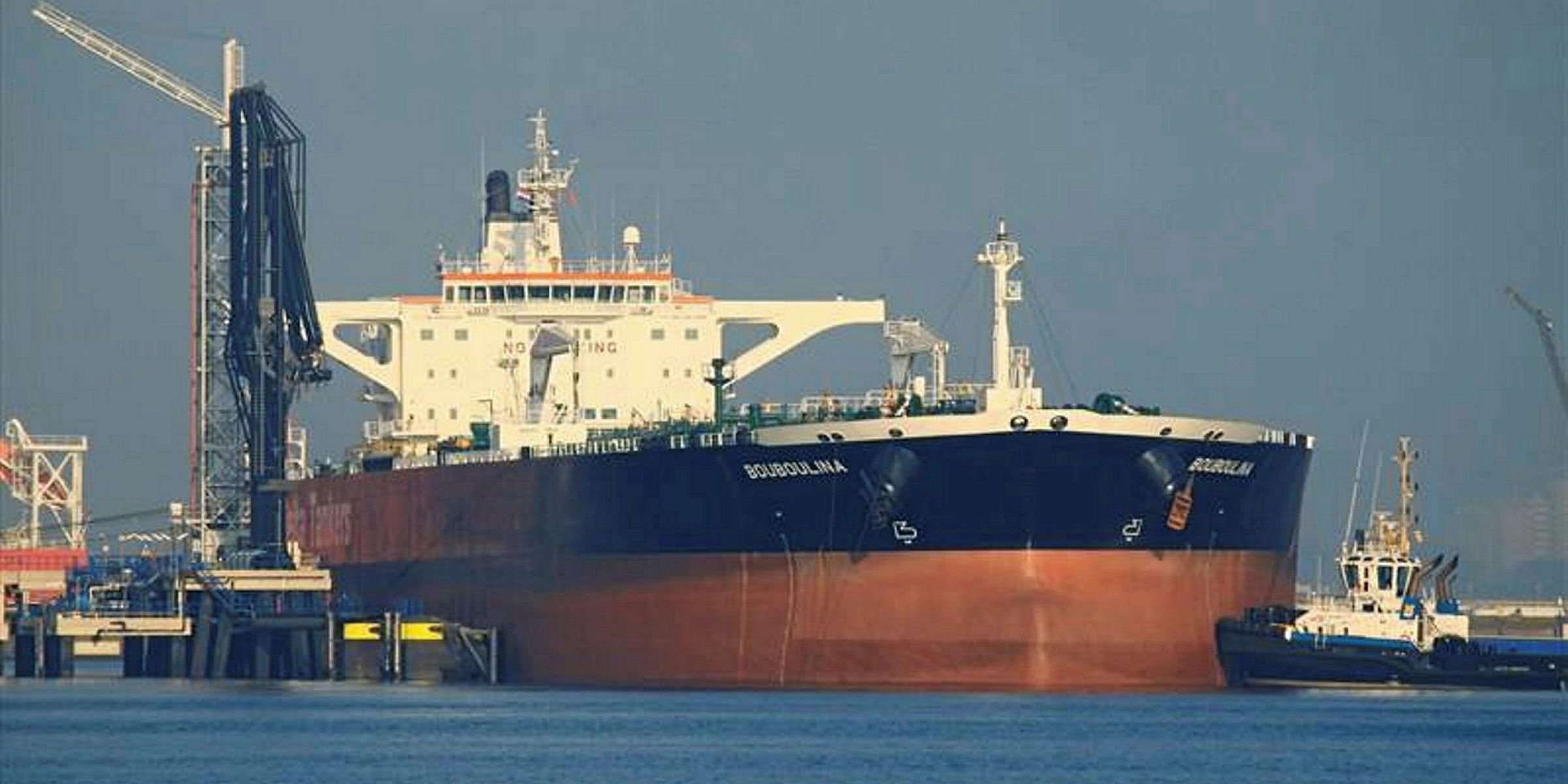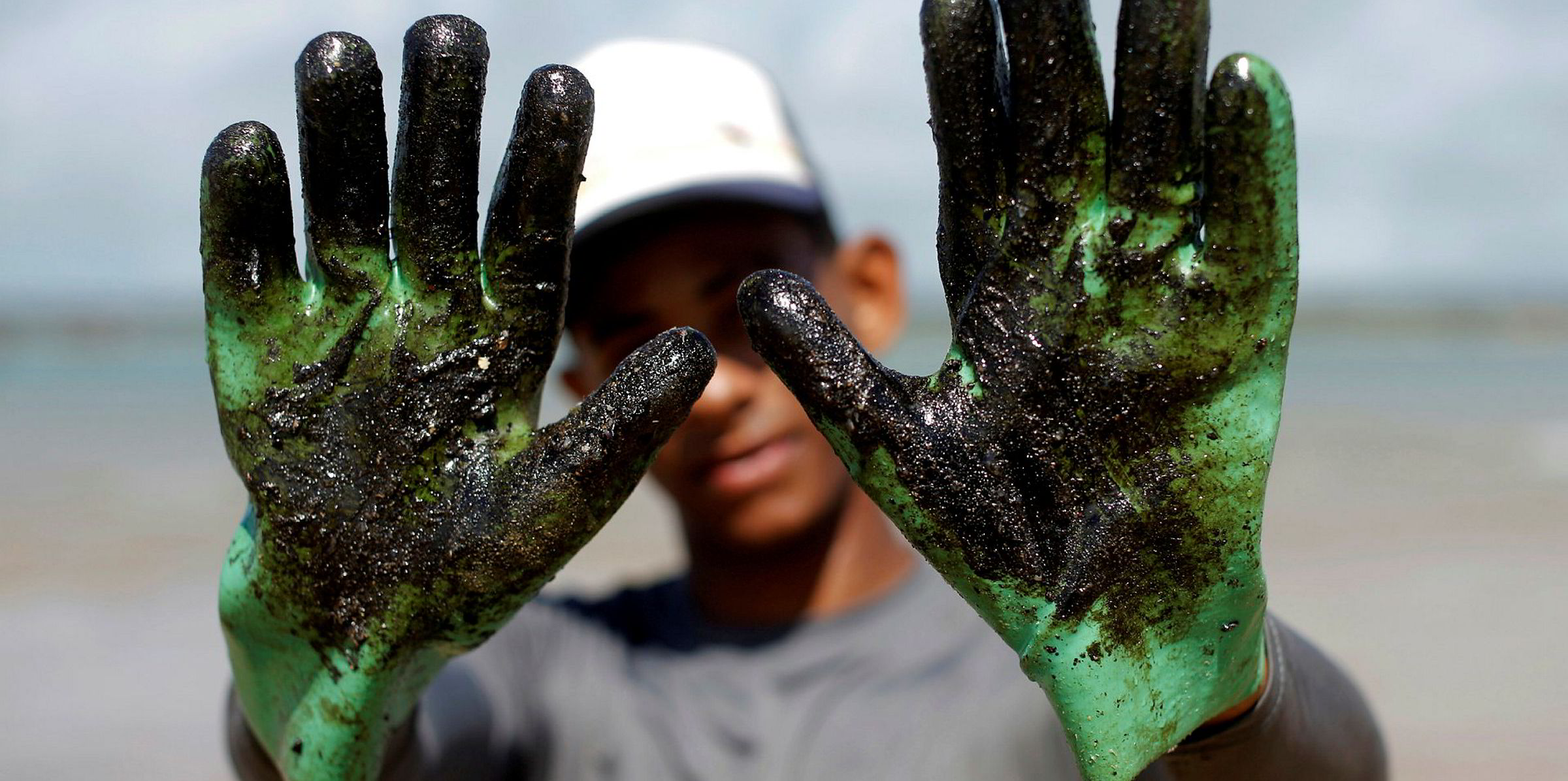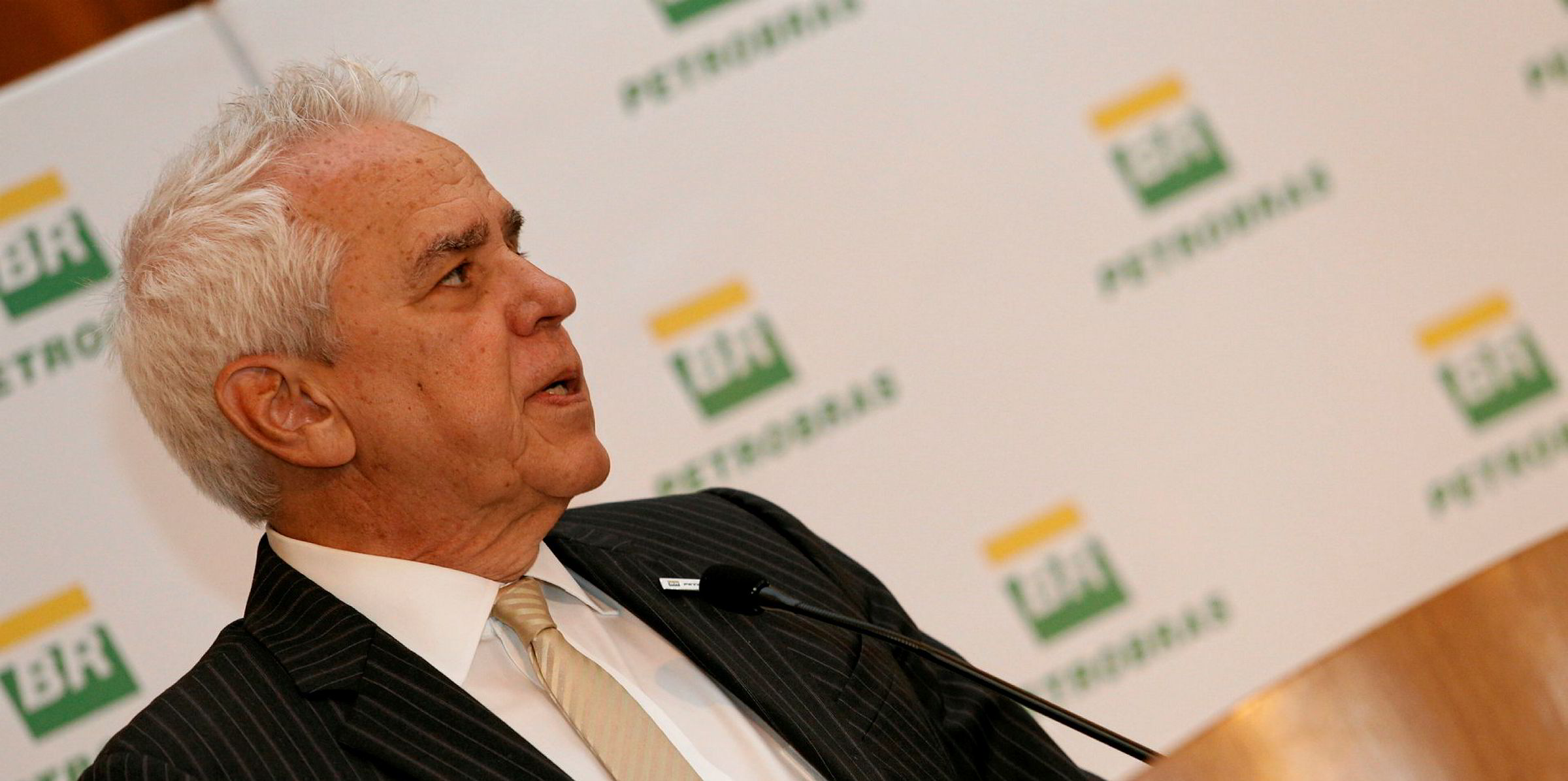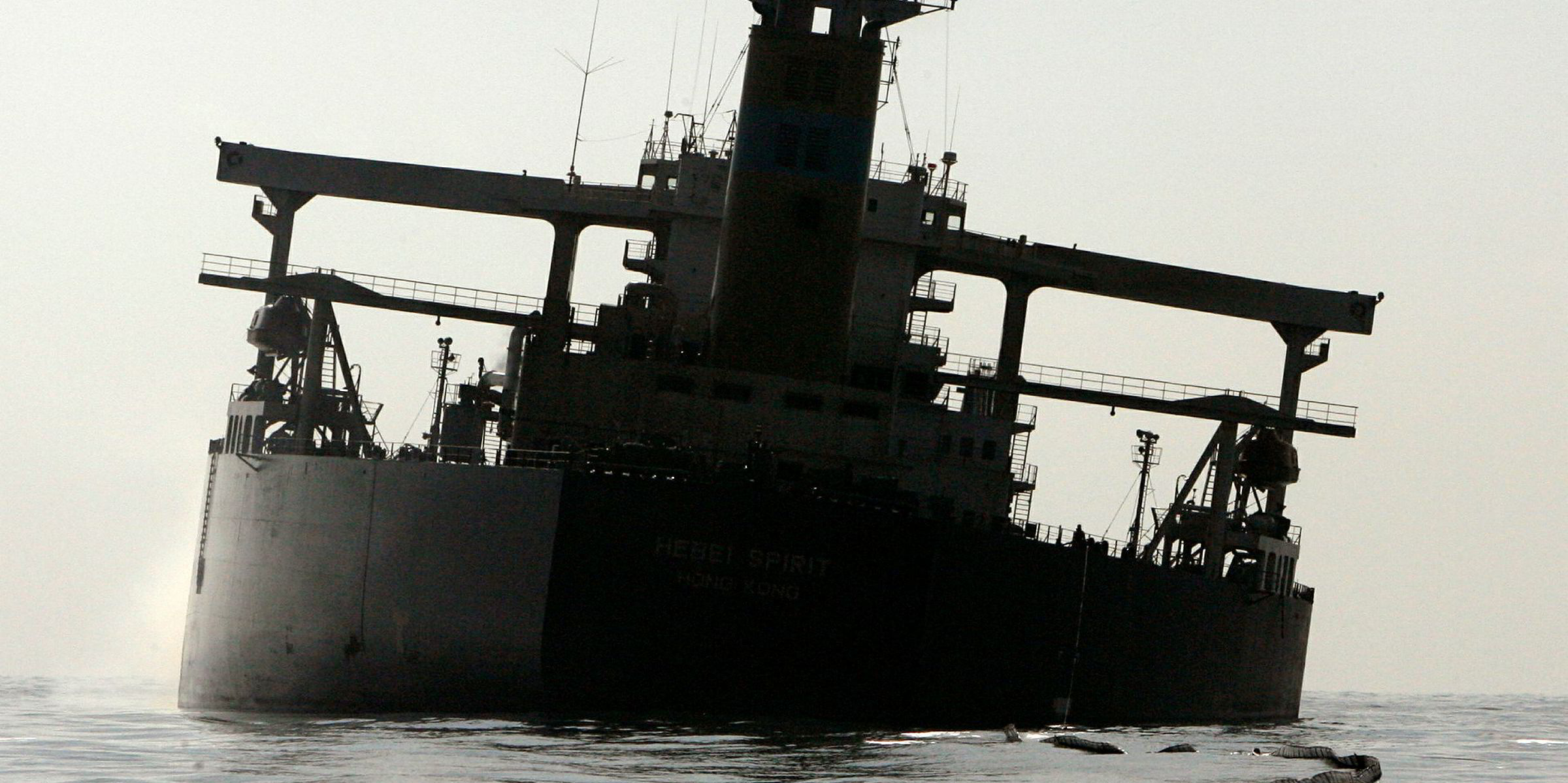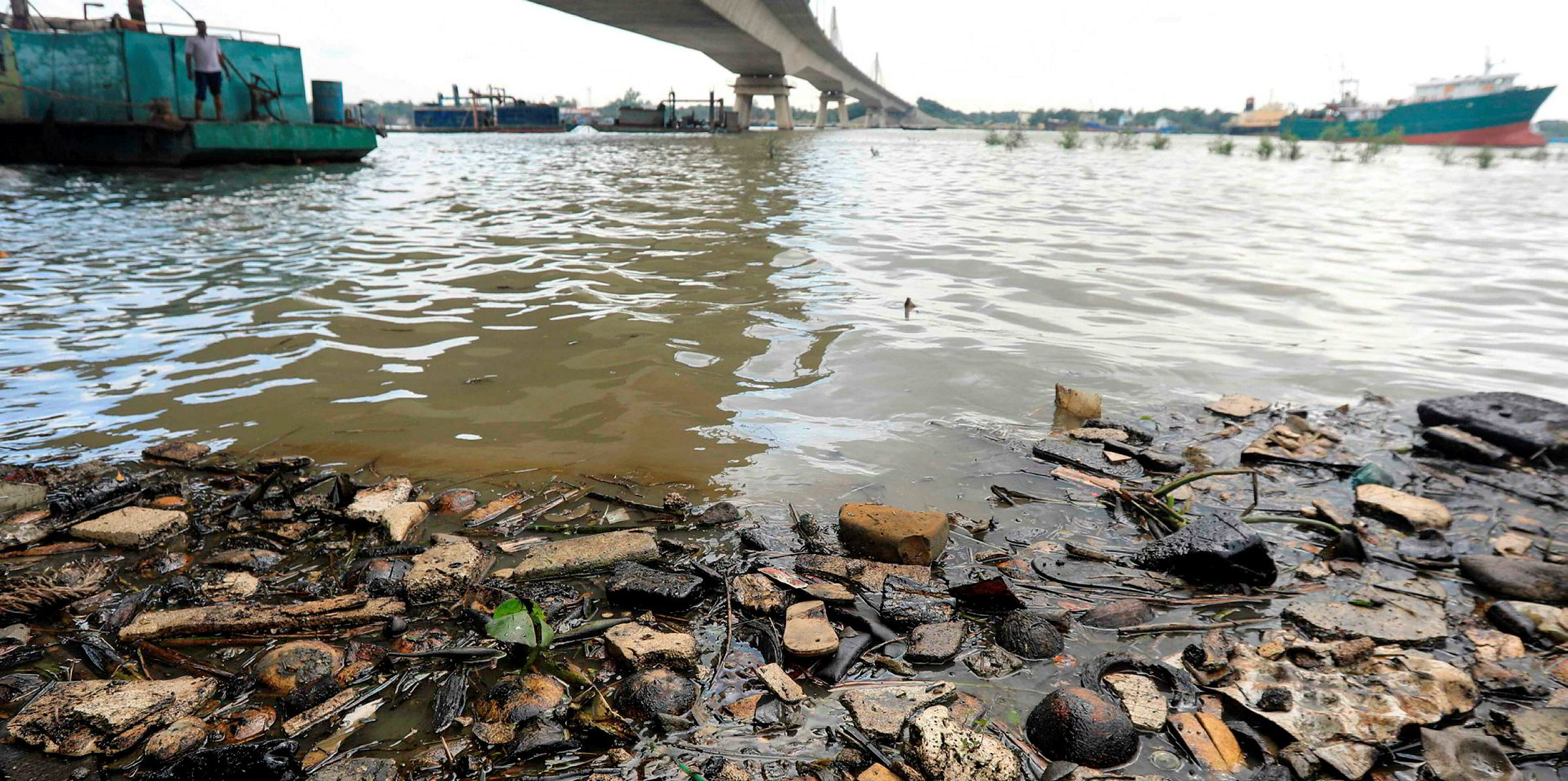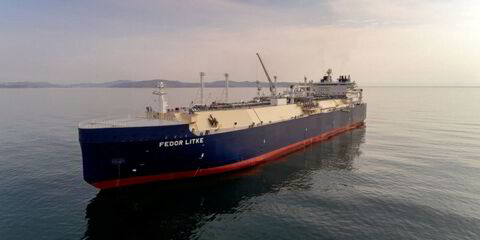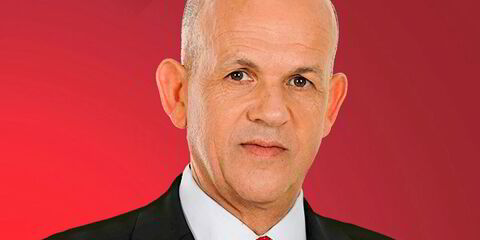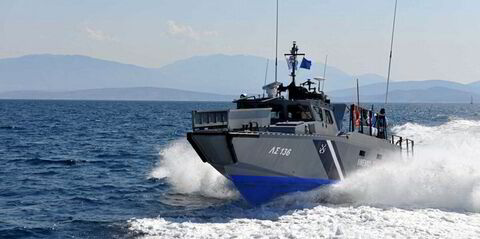A Delta Tankers suezmax closely matches the description of a ship that Brazilian police said was the source of a huge oil spill off the country's northeastern coast in September, data analysed by TradeWinds shows.
However, the Greek shipowner said the voyage of the 164,000-dwt Bouboulina (built 2006) involved no fuel or cargo shortage.
The comment came after Brazilian Federal Police said on Friday that they have identified a Greek-controlled vessel as the source of the spill, though they did not name the company involved.
Authorities in the city of Natal said they have issued two search-and-seizure warrants targeting the Rio de Janeiro representatives of the unidentified Greek owner of the vessel.
Police said the Greek-flagged ship docked in Venezuela on 15 July and stayed for three days before departing toward Singapore. It then stopped off South Africa.
VesselsValue tracking data analysed by TradeWinds shows that the Diamantis Diamantides-controlled company's Bouboulina is the only known Greek-controlled, Greek-flagged ship to make this journey.
Equasis inspection data also shows the vessel was detained by US authorities in July over pollution prevention measures, which matches Brazilian authorities' description of the ship's safety record.
But Delta Tankers said the Bouboulina discharged its cargo without any shortage, and the voyage was uneventful.
The communications office for Brazilian Federal Police declined to answer TradeWinds' questions on the case.
Authorities still have not identified the owner of the cargo onboard the vessel, nor have they released the name of the ship or its owner.
Police are treating the case as a criminal investigation under Brazil's environmental laws.
News that a vessel has been identified comes as crude continues to wash up on 2,500km of Brazilian beaches after a leak thought to have taken place 700km out at sea between July 28 and 29.
Some 250 beaches have been impacted by the spill.
Reuters said Brazil has so far collected 2,000 tonnes of sludge.
The Brazilian navy believes the oil came from a ship-to-ship transfer that went wrong. Another theory is that a vessel released crude to increase its stability.
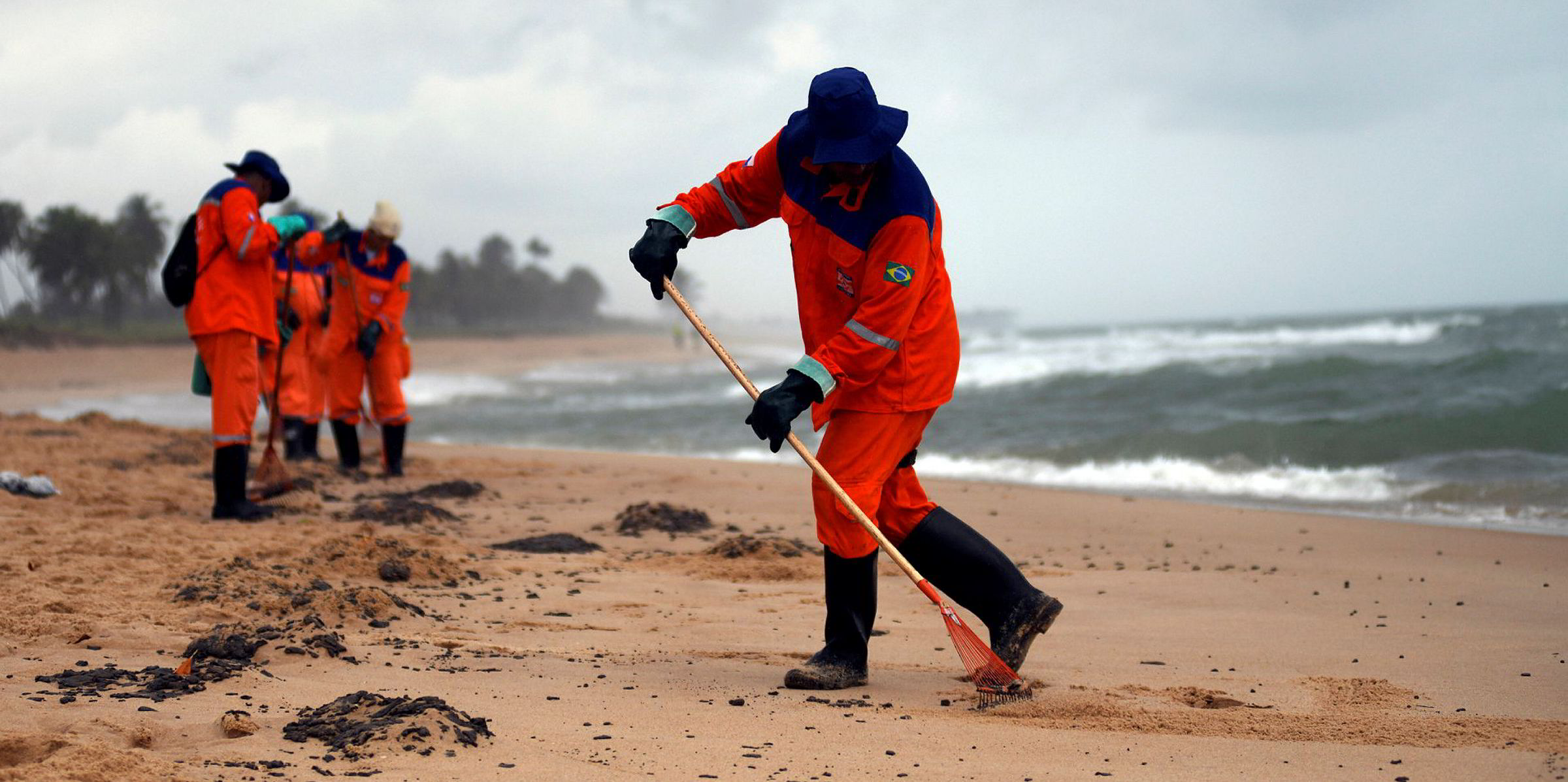
Until the Friday announcement, 10 tankers had been on a list of possible culprits, down from 1,500 ships that were in the area at the time.
Shipowners and flag states were contacted for more information, according to Admiral Leonardo Puntel, Commander of Naval Operations.
State oil firm Petrobras has said samples showed the crude has the same properties as Venezuelan oil. Tests by the Navy also came to this conclusion.
Disaster
The oil spill has captured high-profile attention in Brazil.
On Thursday, Brazilian lawmaker Marcio Marinho called the oil spill both an environmental and economic disaster, according to the news service of his Republicanos political party.
“The hotels are empty, restaurants have suffered harm because people are afraid to eat seafood, and fishermen and shellfish farmers have suffered,” the deputy said during a meeting of a congressional commission set up to investigate the spill.
Marinho, who represents the state of Bahia in the Chamber of Deputies, said insurance is not enough to respond to the economic hit that the region has faced as a result of the spill.
Harry Papachristou and Max Tingyao Lin contributed to this story.
